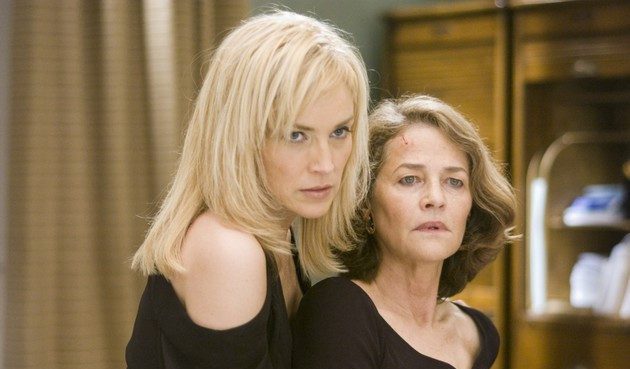
We live in the cinematic world of sequels. The number of releases that are prequels, spin-offs or follow-ups to existing movies seems to grow every year, and it has become a main trait of commercial cinema to plan franchises that can last for years and years. The quality of these sequels can vary within a franchise, and a bad sequel can often be redeemed by a better follow-up (though it has to be said that usually the first two entries of a franchise are the best).
This list looks at a particular type of sequel, the one that has to follow a famous or respected movie, and that is not only bad compared to the original, but so ill-advised or unnecessary that it becomes an insult to the film.
The reason behind this is usually the desire to capitalize on the success of the first film, with little interest to the artistic value of the original. Other times, the sequel comes from an attempt at making a sequel as great as the first one, and in this case, the good intentions of the filmmakers can be justified, but their results certainly cannot.
10. Airplane II: The Sequel
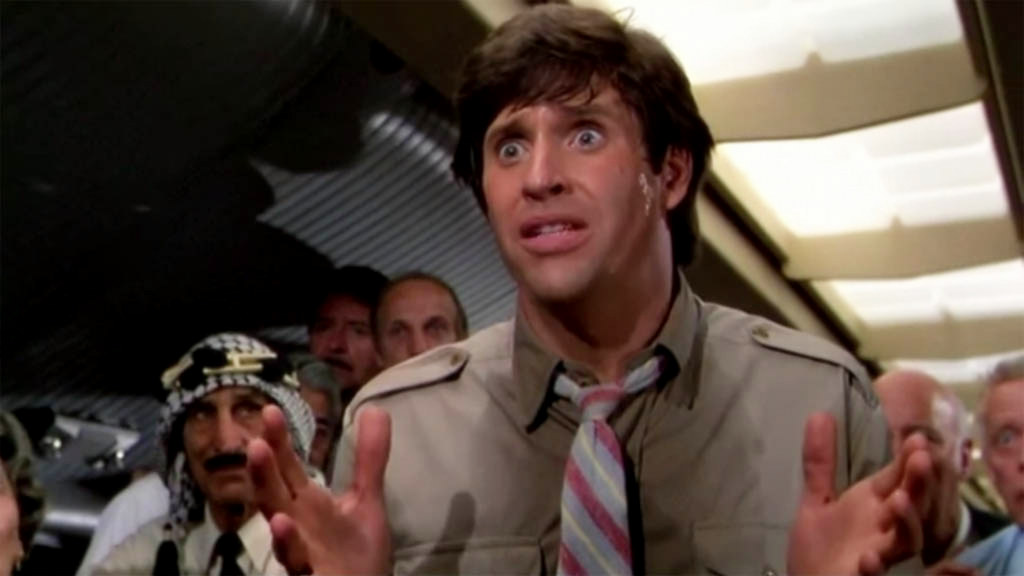
Comedy sequels are a particular kind of movie. They usually develop on the fact that a successfully funny premise can be repeated with the same result for the audience. This kind of thinking, which is obviously very frequent among movie producers, can lead to greatly funny movies, but also to a considerable lack of originality.
In recent years, “The Hangover” was followed by “The Hangover Part II,” which shamelessly copied the pattern of the first movie and only changed the location. “Airplane II” is in this list and “The Hangover Part II” is not because of the fact that it did not involve the original writers and directors at all, it was simply commissioned by Paramount to Ken Finkleman.
The legendary comedy team Abrahams-Zucker-Abrahams was behind the first “Airplane” movie, and following them was a demanding task. Finkleman’s solution essentially was re-hashing the jokes from the first one and inserting them in a slightly different context, that of a shuttle directed to the moon.
If the film still grabs some laughs, the fact that it shamelessly rips off without an ounce of originality the first film, and without the involvement of the comedy geniuses who first created it, make this a particularly good case of how to not do a comedy sequel.
9. The Odd Couple 2
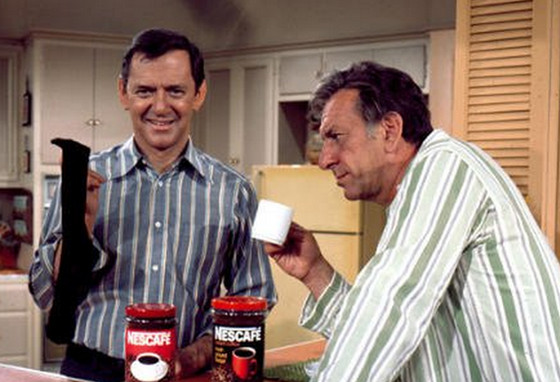
Neil Simon has recently passed away, and this was the occasion for revisiting his wonderful work as a writer. Popularity-wise, “The Odd Couple” may take the first spot among his works, thanks to the original play, but also the film adaptation that came out in 1968.
“The Odd Couple” strengthened Simon’s status as the best comedy playwright around, and became some of the most iconic performances from Jack Lemmon and Walter Matthau, who went to collaborate on numerous other films. “The Odd Couple” was adapted into various successful TV show iterations, while the original film remained an untouchable comedy classic.
Still, 30 years after it was originally released, “The Odd Couple” actually got a sequel. In the ’90s, Matthau and Lemmon starred in “Grumpy Old Men,” “Grumpier Old Men” and “Out of Sea,” light comedies built around their dynamic as a couple of old friends/rivals. A sequel to “The Odd Couple,” then, was supposed to be a hit, especially since it was written by Neil Simon himself.
Unfortunately, the result was disappointing and quite an embarrassment if compared to the original. Recycling the tropes of the duo did not work, and the film never clicked in the way the first one did. It did not help that the lead actors were clearly struggling to keep up. A film as iconic and respected as the first Odd Couple did not deserve such a lazy continuation, more fitting to lesser comedies.
8. 2010
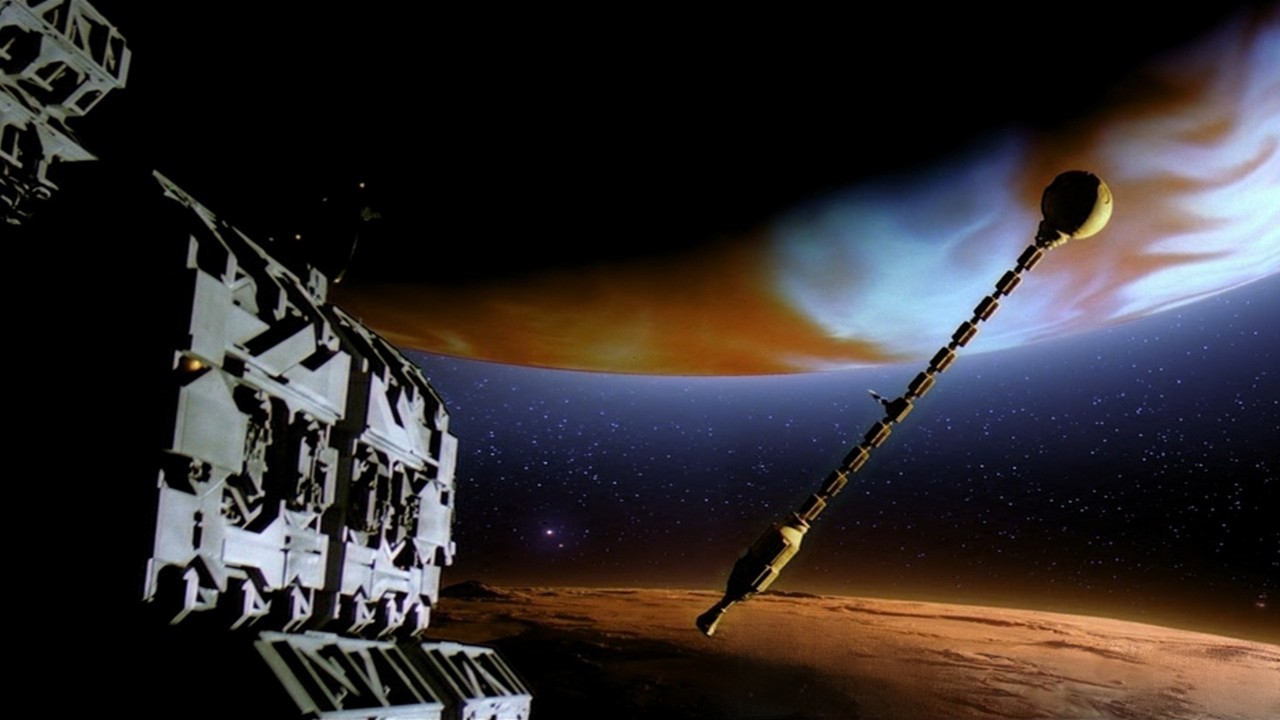
How many movies have been as influential as Stanley Kubrick’s “2001: A Space Odyssey”? It is a science fiction masterpiece, but has also proven a fundamental reference for many ambitious movies about life and man’s role in the world. Malick’s “The Tree of Life” owes a lot to the film, as does Pixar’s “WALL-E,” and that enough is proof of how wide its mark on the cinematic world is.
Kubrick famously never directed a sequel to one of his films, preferring to take time between his productions and changing genres as much as possible. However, “2001” got a continuation. While some may think that the film was simply adapted from a novel, as the credits say, “2001” was developed as a novel and a script at the same time by Kubrick and Arthur C. Clarke, with the result of having the two forms of writing influence one another (with Clarke stating that basically the script was a work by “Kubrick and Clarke,” and the novel by “Clarke and Kubrick”).
However, in 1982 Clarke published a sequel he wrote by himself, titled 2010, that continued the story. Two years later, Peter Hyams, with the support of Metro-Goldwyn-Mayer, decided to adapt it into a feature film, and once he got the (mostly disinterested) approval by Kubrick, he went on to make the film.
While a best-than-average science fiction feature, “2010” is simply one of those sequels that should not have been made, just out of the sheer relevance of the original. There was no real need to continue the story, and no matter how much Hyams tried to make something relevant, the attempt was pointless.
7. Blues Brothers 2000

The original “Blues Brothers” was not supposed to be a hit. The star power of John Belushi was questionable after he left “Saturday Night Live,” and the production went through numerous delays, ending up considerably over-budget. Moreover, the head of the Mann Theater chain was convinced that the film was not going to be a success in white neighborhoods.
As we all know, the film was a resounding success, and quickly developed a cult following. It is notable that the film’s success gave way to a long series of films based on SNL skits, none of which had the same results as the Blues Brothers.
After John Belushi’s death in 1982, a sequel stopped being a viable option, before enough time passed to make Landis and Akroyd think about making a new Blues Brothers movie. Despite involving the original creators, the film is quite an embarrassment to the legacy of the original. Sure, the guest musicians are all legends, and the musical numbers are a treat for music fans, but from a cinematic point of view, they are too overstuffed to be truly enjoyable.
Add to that an annoying kid who is supposed to seem cute, or relatable for a younger target audience, and also an out of place John Goodman who deserved a better role. The directorial style is bland and unoriginal, and the insertion of supernatural elements through the character of Erykah Badu is as laughable as the “2000” tag of the title. Only one thing would have made this film worse, and that would be the inclusion of Jim Belushi in the cast, something that was actually planned but fortunately avoided due to a scheduling conflict.
6. The Two Jakes
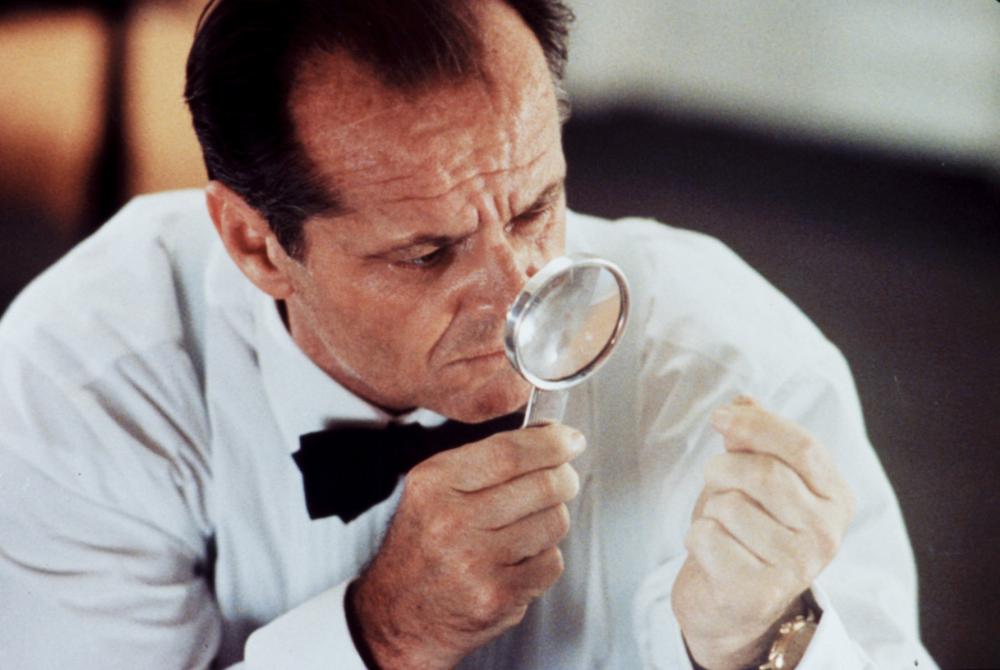
“The Two Jakes” is a peculiar film, to say the least. How often does it happen that a renowned filmmaking masterpiece gets a sequel more than 15 years after it was released, and that the sequel gets directed by the star of the original film? The only other case may be “Psycho III,” directed by Anthony Perkins in 1986. “The Two Jakes” is the sequel to “Chinatown,” and was released in 1990. The original, as everybody knows, is one of the best films by Roman Polanski, an homage to classic noir films and at the same time a masterpiece of the genre, and is set in the 1930s.
The idea of a sequel was soon considered, but pre-production troubles kept it stuck in development for more than a decade. The screenwriter of both films, Robert Towne, was supposed to direct it, but eventually passed on to be replaced by Jack Nicholson himself.
For those who have not seen the film (probably a lot, considering how soon it has fallen into oblivion), it can be easy to predict why the film was far from a success. Nicholson, once a writer, had actually already directed two films in 1971 and 1978, but following the steps of Polanski was too great a task for him.
Moreover, the story of “Chinatown” had ended in such a perfect way (with the iconic line “Forget it Jake, it’s Chinatown”) that it feels completely unnecessary to reprise the character of Jake. The film is not actually bad, per se, since it can count on a solid script by a masterful writer, but the point is how wrong it was to try to make a sequel to “Chinatown” to begin with. When a film becomes as iconic as “Chinatown,” sequels can only ruin its legacy.